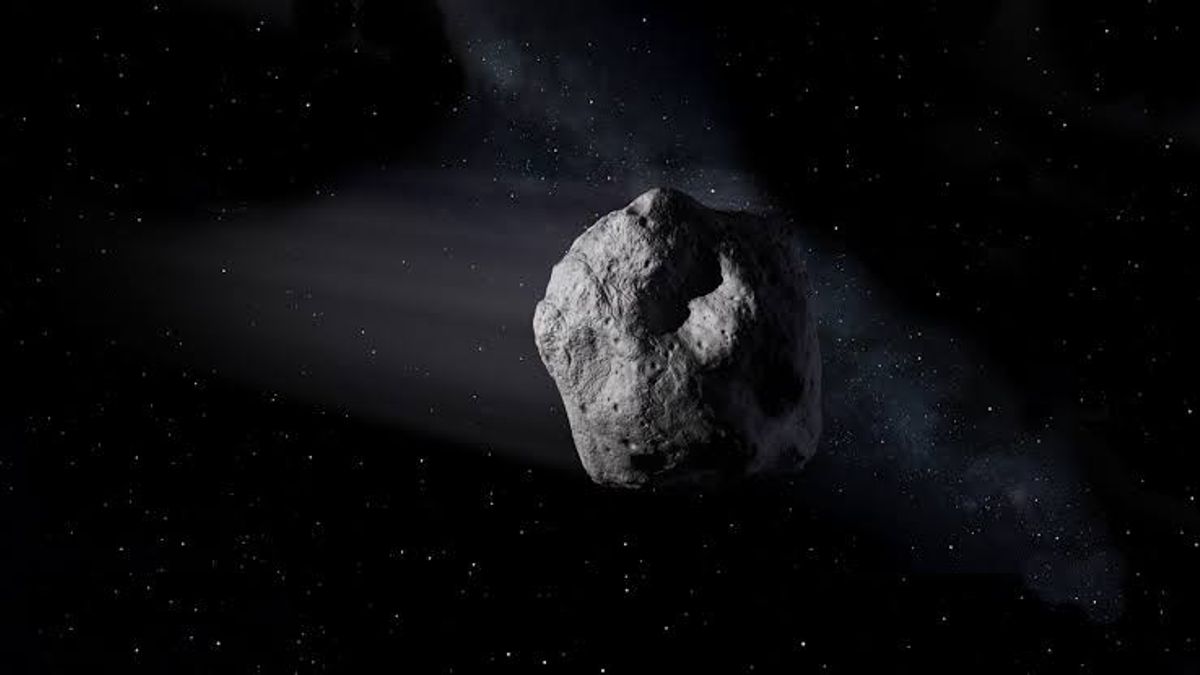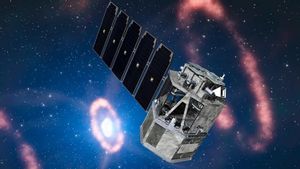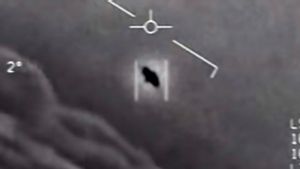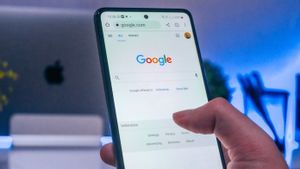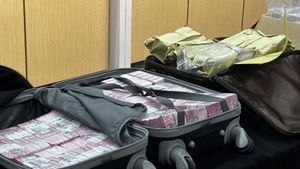JAKARTA Scientists at the Jet Propulsion Laboratory (JPL), one of NASA's research facilities, discovered two asteroids very close to Earth. Despite their proximity, these two asteroids are harmless. According to NASA's explanation, the asteroid was discovered using Deep Space Network's Deep Goldstone Solar System Radar. The two asteroids discovered in different times only traverse the Earth so that collision risks would not occur. Known as 2011 UL21 and 2024 MK, these two asteroids have different shapes and sizes. 2011 UL21 has passed Earth on 27 June and is at a distance of 6.6 million kilometers. This circular-shaped astronomical object measures 1.5 kilometers. The size of 2011 UL21 is indeed very large and is classified into dangerous potentials. However, based on scientists' calculations, these asteroids will not pose a threat to Earth, neither for the present nor in the future. JPL Chief Scientist Lance Benner said that observations of 2011 UL21 are very important. The reason is, this asteroid can provide approaches and answers regarding its composition as well as its formation. "The discovery is very important because we can use measurements of its relative position to estimate orbits, masses, and densities, which provide important information about how they might form," Benner said, quoted on Thursday, July 4.
SEE ALSO:
Meanwhile, scientists observed 2024 MK on June 29, two days after 2011 UL21 observations. This asteroid will pass Earth within 295 thousand kilometers. This celestial body has a width of 150 meters with an elongated and angled shape. Although only observed after 2011 UL21 was discovered, 2024 MK has been detected since June 16. This asteroid was first reported by the Terrestrial-impact Last Alert System (ATLAS), NASA-funded warning system. 2024 MK is also classified as a dangerous asteroid, but its movement is in a safe zone. At least, the discovery of this asteroid can help scientists in preparing planetary defense strategies if there are other dangerous asteroids in the future.
The English, Chinese, Japanese, Arabic, and French versions are automatically generated by the AI. So there may still be inaccuracies in translating, please always see Indonesian as our main language. (system supported by DigitalSiber.id)
